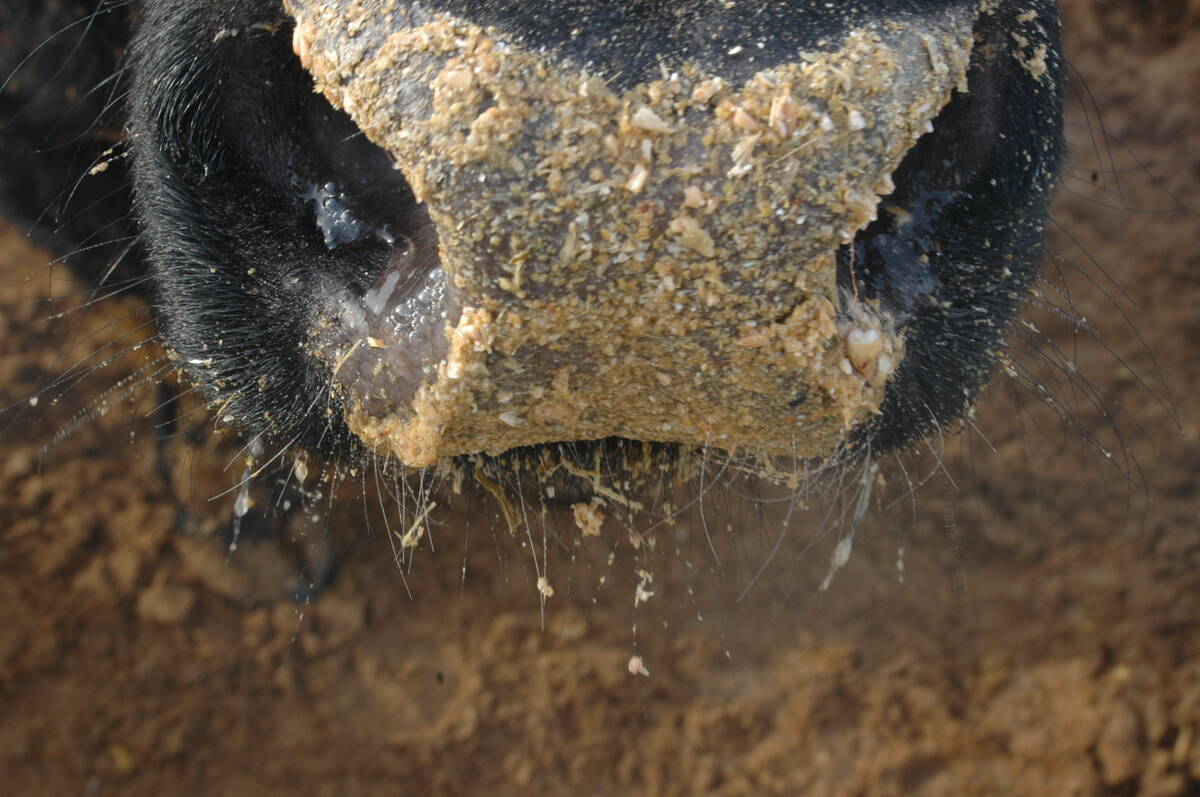Glacier FarmMedia—Farmers who disagree with their elevator’s assessment of grain quality have the option of a second opinion, the Canadian Grain Commission is reminding now that harvest is in the bin.
The organization’s final quality determination program allows producers to opt for a reassessment by the commission, should they disagree with the elevator-given grade. According to a recent federal release, the determination is based on a representative sample of grain the elevator operator is required to take upon delivery.
The operator will store the sample — which needs to weigh at least one kilogram — for seven days after an elevator receipt is provided to the producer. However, some elevators may allow producers to store samples themselves.
Read Also

Feed Grain Weekly: Elevators offering higher prices for barley
Elevators in northern Alberta are offering higher prices for feed barley than in feedlots around Lethbridge, said an Edmonton-based analyst.
Farmers have seven days to request a reassessment. Once received, the operator is responsible for properly labelling the sample container, completing the request form and sending the sample and completed form to the nearest CGC service centre. The elevator is also responsible for the cost of the reassessment.
The elevator might give the farmers an interim elevator receipt after they request an final quality determination. If not, the producer should keep the original receipt received upon grain delivery.
Producers can request a reassessment either for their grain’s official grade or individual grading factors including moisture, protein and dockage.
Upon reassessment, the commission will send the producer and the elevator operator a submitted sample certificate.
The operator then exchanges the original elevator receipt for a new receipt, a cash purchase ticket or a cheque stating the CGC inspection results.

















